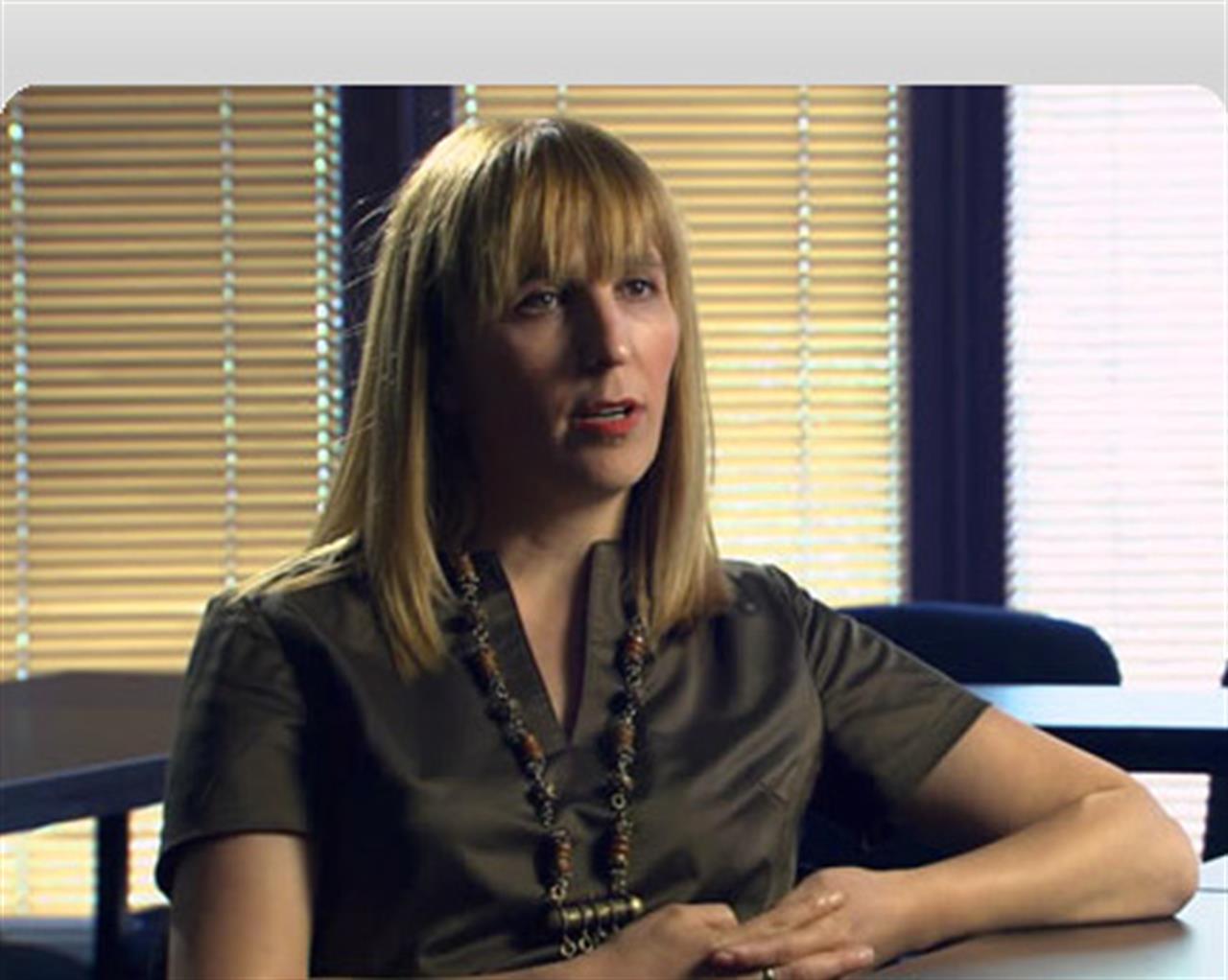Non profit
Kosovo’s civil society faces a new challenge: independence
A key figure in the development of Kosovo's civil society, Reze Duli paints a picture of the challenges that lie ahead for a nation new to independence
di Staff

Rreze Duli, 43, born to a father native to Southern Serbia and to an Albanian mother from Macedonia, is, and feels, Kosovar. Today she is the executive director of the Advocacy Training and Resource Centre, a Kosovan non profit organisation that promotes the participation of civil society in public decision making, and aleading figure in Kosovo’s NGO community. A prestigious role, reached following many years experience working on the field with international organisations, first with the Mercy Corps and, after the war in 1999, Unicef and the European Stability Initiative, for whom she undertook research on economic and social developments in villages and towns across Kosovo. Why work in the third sector in Kosovo? The answer is not hard to guess: “Because I wanted to help Kosovo: we would distribute relief funds, especially food, stoves and hygiene packs”.
But in February 2008, a nation ravaged first by war and then excluded from Europe by the Schengen Wall, Kosovo declared its independence to the world. Although the nation is still waiting for the verdict of the United Nations, the climate is hopeful.
What will this new found independence bring to Kosovo’s third sector?
The overall goal of all Kosova Albanians was to gain independence. From my point of view, civil society, like the rest of Kosovo’s society, was trapped until it declared its independence. However, independence means new challenges, more work for civil society and a lot of work for watchdog organisations who will have to monitor local and central government in order to fight corruption. And, we will also have to monitor the Europe’s rule of law mission, EULEX, which is an added challenge.
What makes Kosovo’s non profit sector unique and what should Europe’s third sector learn from it?
The history of the development of Kosovo’s civil society is interesting. During Milosevic’s regime, the Kosova population survived only thanks to the hard work carried out by NGO’s like Mother Teresa and the Council for the Defence of Human Rights. The national education system was also managed by civil society organisations. But, after ‘99 civil society was in the middle of two fires: the United Nations mission in Kosovo, UNMIK, and the Kosovan Government. We should be proud that we managed to keep the balance between these two forces.
What magazine or website best represents the third sector in Kosovo?
The Advocacy training and resource centre’s newsletter is the only newsletter that covers our activities and the activities of other organisations in Kosovo.
What achievement are you most proud of?
Personally, I am proud that I run an organisation that has very good reputation, is very transparent and isn’t donor driven but mission driven. As far as Kosovo is concerned, I am proud of the positive energy that dominates in Kosovo, the trust that Kosovars have in the future of this new country.
17 centesimi al giorno sono troppi?
Poco più di un euro a settimana, un caffè al bar o forse meno. 60 euro l’anno per tutti i contenuti di VITA, gli articoli online senza pubblicità, i magazine, le newsletter, i podcast, le infografiche e i libri digitali. Ma soprattutto per aiutarci a raccontare il sociale con sempre maggiore forza e incisività.
